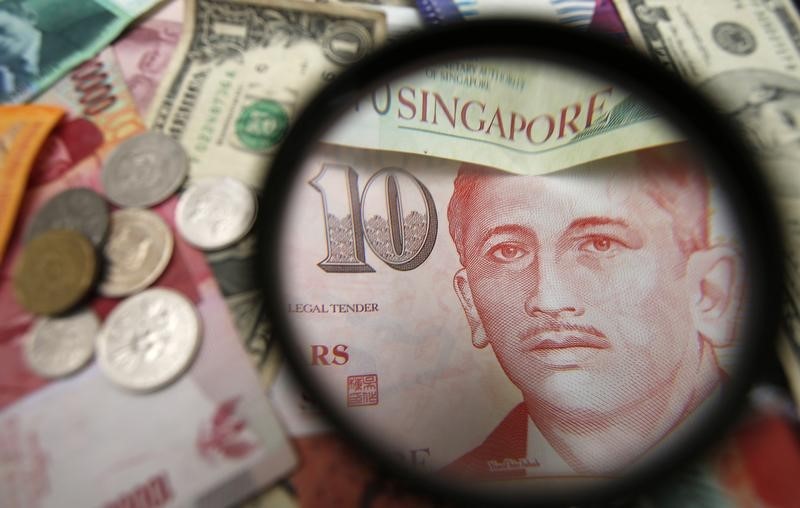By Ambar Warrick
Investing.com -- Singapore consumer inflation grew in January, data showed on Thursday, and is forecast to remain elevated in the coming months amid high import costs, a tight labor market, and strong local demand.
But inflation grew at a slightly lower-than-expected pace in the month, after the Monetary Authority of Singapore (MAS) tightened policies substantially in the past year.
The core consumer price index (CPI), which excludes personal transportation and accommodation costs, grew 5.5% on a year-on-year basis in January, more than the 5.1% seen in January but less than the 5.6% forecast. The reading is the preferred inflation gauge of the MAS.
Core inflation grew 0.8% from the prior month, the MAS said in a statement.
Overall CPI inflation grew 6.6% y-o-y in January, more than December’s reading of 6.5% but less than forecasts for growth of 7.1%.
Price pressures remained elevated in the country, driven largely by its heavy dependence on food and fuel imports. Singapore, like most import-dependent economies, is still reeling from disruptions caused by Russia’s invasion of Ukraine.
But a tight local labor market, along with strong wage growth, has also driven increases in inflation by keeping demand robust. The MAS said that this trend is likely to continue in the coming months, and forecast core inflation above 5% in the first quarter of 2023.
“(Inflation) will remain elevated in H1 2023 before slowing more discernibly in H2 2023 as the current tightness in the domestic labour market eases and global inflation moderates,” the MAS said in a statement.
The MAS also forecast core inflation between 3.5% and 4.5% in 2023, with pressure also coming from a 1% increase in Singapore’s Goods and Services tax.
The financial authority also warned of upside risks to inflation due to increased shocks in the commodity market, as well as more persistent local demand.
The Singapore dollar showed little reaction to the inflation reading.
